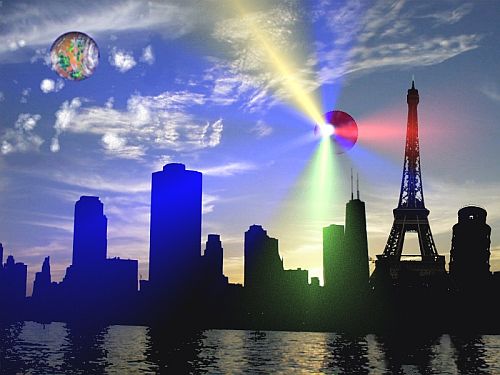Superficially, the best of life resides into laughing, having fun, and doing pleasant activities. In the field of emoticons, smiles are symbols of optimism, and of things going well. Despite, crying and shedding tears are much more important in maintaining your state of health, physical and mental. More precisely, there are three different kinds of tears: continuous tears, named basal, that keep your eyes moist, and make your eyesight clearer; tears provoked by irritants, for instance dust and smoke, that are a natural protective barrier for your eyes; emotional tears, that exert a relevant role for human life, often undervalued but always fundamental. Well, emotional crying provokes the releases of oxytocin and endogenous opioids, also known as endorphins. These chemicals can ease pain, the both emotional and physical. Moreover, tears contain a fluid called lysozyme, a natural substance with powerful antimicrobial properties, able to kill bacteria. I’ve briefly referred about scientific facts, valid on a general level. However, the blog is dedicated to disco music, and the page would like to be a deepening, about the importance of crying and tears for discotheques and dance music. Well, like I wrote in a past page of 2014, amusements of nightlife are particularly bound to depressants.
Disco dance is one of the heirs of blues music. The name blues has come from the expression “blue devil”, alluding to depression and sadness. There is an entire, popular music genre, born in the UK around the year 1962, made of fast and sad songs, and known as “Northern Soul”, that paved the way to the successive disco revolution of NYC. The earliest professional DJ of nightclubs was a British musicologist, Mr. Guy Stevens, who started the fashion of substituting with turntables the musical bands playing live on stages, beside dance floors. He was a collector of rare records, chiefly blues and soul imported from the USA, that he popularized at the Scene club in London, republished on his own record label, the Sue Records, and sold chiefly to the frequenters of the club itself. After a few months, a friend of Mr. Stevens, whose name was Mr. Roger Eagle, shared many of the same vinyl records, and became the initiator of the Northern Soul movement, by presenting the records on the microphone at the Twisted Wheel nightclub in Manchester, according to the style of the DJs of pirate radios. As a consequence, sad songs have always been rather frequent among the releases destined to nightclubs.
The core business of nightclubs and discotheques is the sale of alcoholics, since the years of the Prohibition. You know, alcohol is a powerful depressant, very suitable to sad songs. More than that, at first in Anglo-Saxon countries and then elsewhere, at nightclubs there has been a large popularity of a category of drugs named “downers”, utilized for recreational purposes. By the way, perhaps, the expression “get down”, present in a multitude of vinyl records made for dancing at clubs, might be a contracted form of "get downers". In conclusion, it’s evident that sad songs say so much about the mood of discotheques, as confirmed by the mix of the page.
File name “how to enjoy crying and shedding tears, by Max Look DJ (Jan 2024)”, 1 hour 20’ and 50” of beautiful, sad tracks, good to make you dance.
Sad songs say so much, the playlist:
Intro: Luciano Pavarotti – tu ca nun chiagne (1979)
Godley & Crème – cry 12” (1985)
Keith Marshall – only crying 12” (1981)
Tears For Fears – laid so low (tears roll down, extended 1992)
Cocteau Twins – love’s easy tears (Fraser in Furrs mix, 1986)
Two Minds Crack – cry cry cry 12” (1986)
Bliss Team – you make me cry (underground mix, 1995)
Instant Funk – crying (John Morales M+M mix, 1980)
Visage – the damned don’t cry 12” (1982)
Timo C. Burton presents M.O.T. – helplessly (TCB’s main mix, 2002)
Kym Mazelle & Jocelyn Brown – no more tears (enough is enough, classic disco mix, 1994)
Culture Beat – crying in the rain 12” (1996)
Ultravox – dancing with tears in my eyes 12” (1984)
Police – driven to tears (extended mix, 1980)
Cure – boys don’t cry (extended dance mix, 1980)

